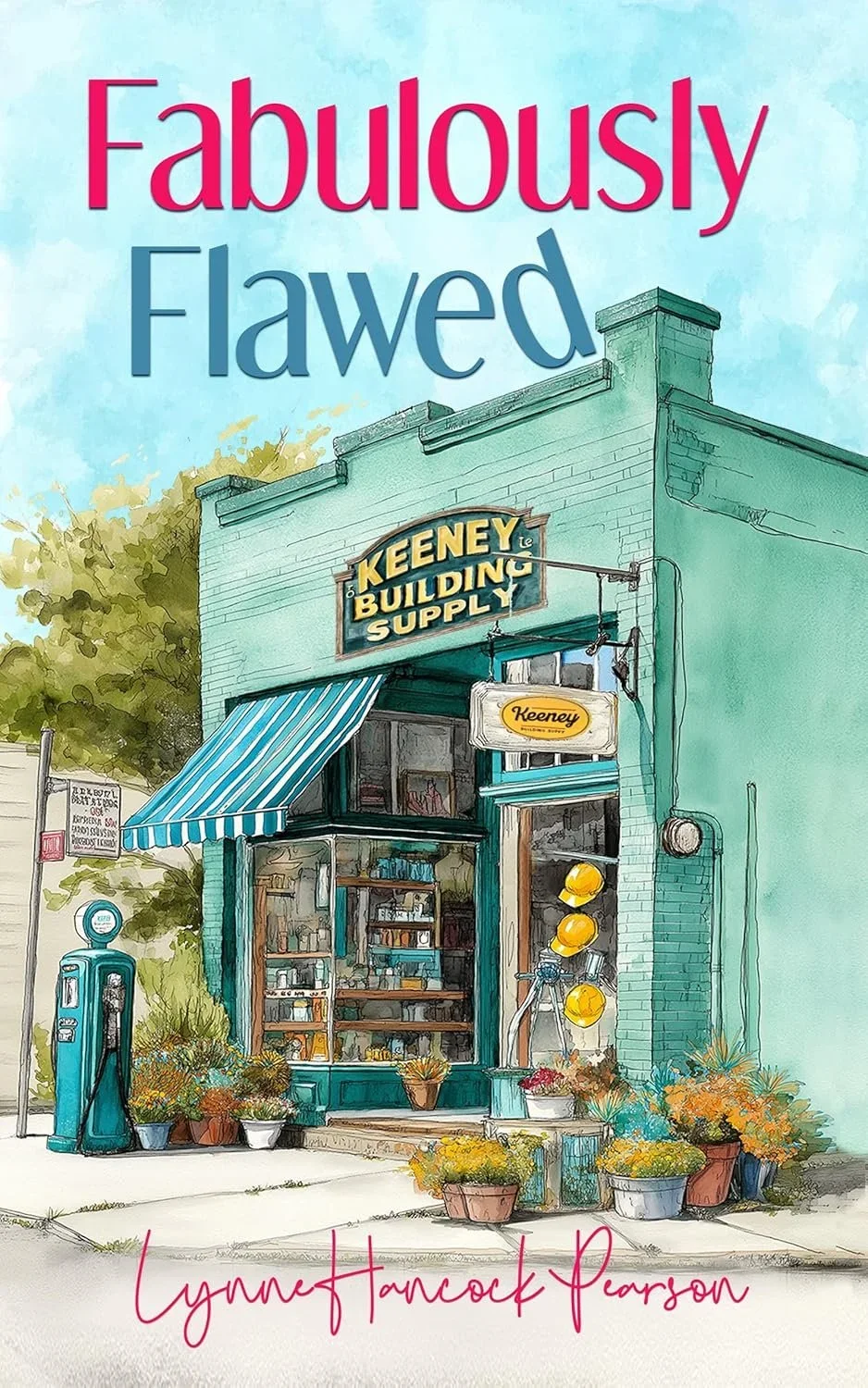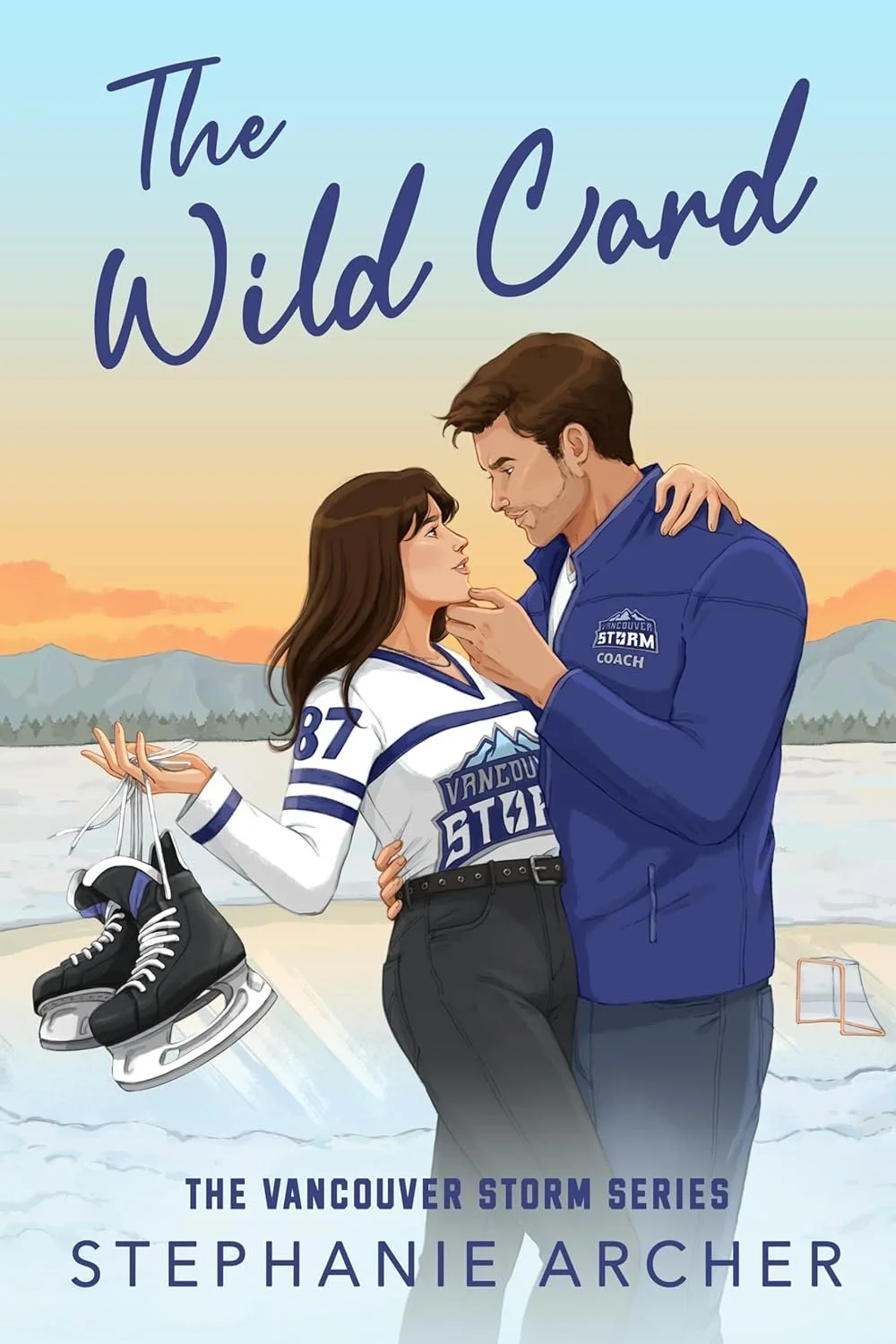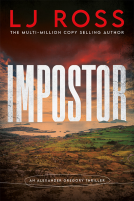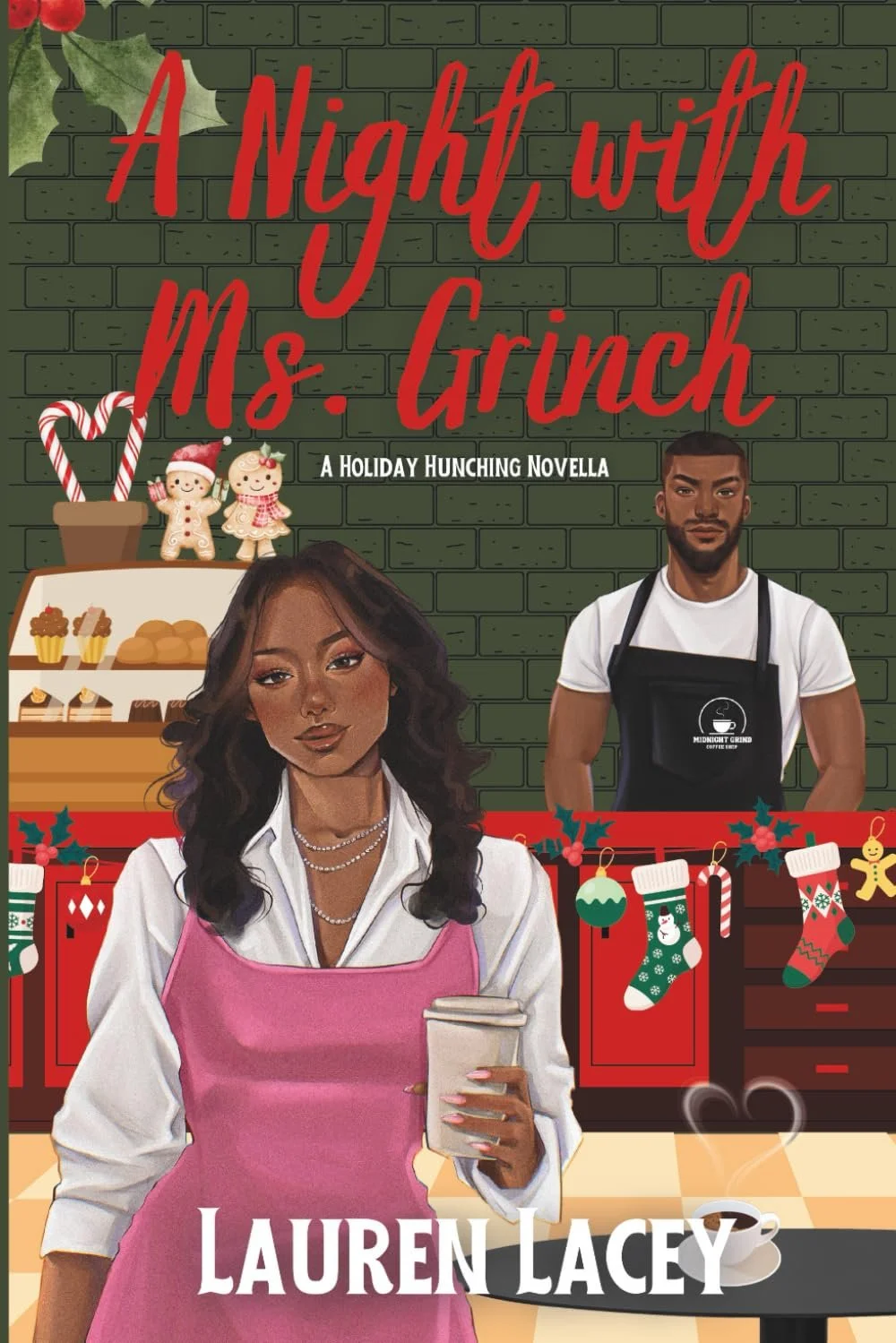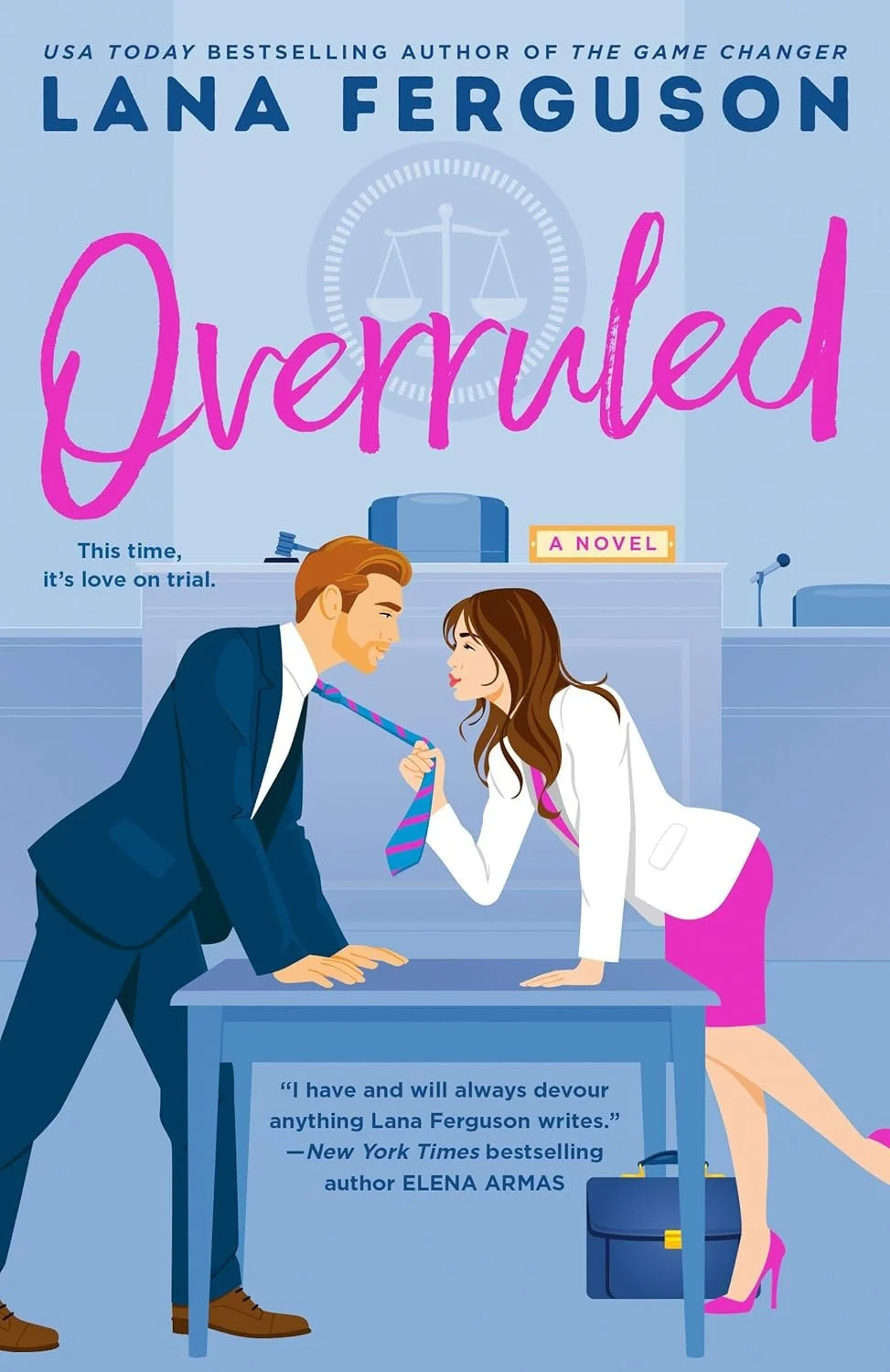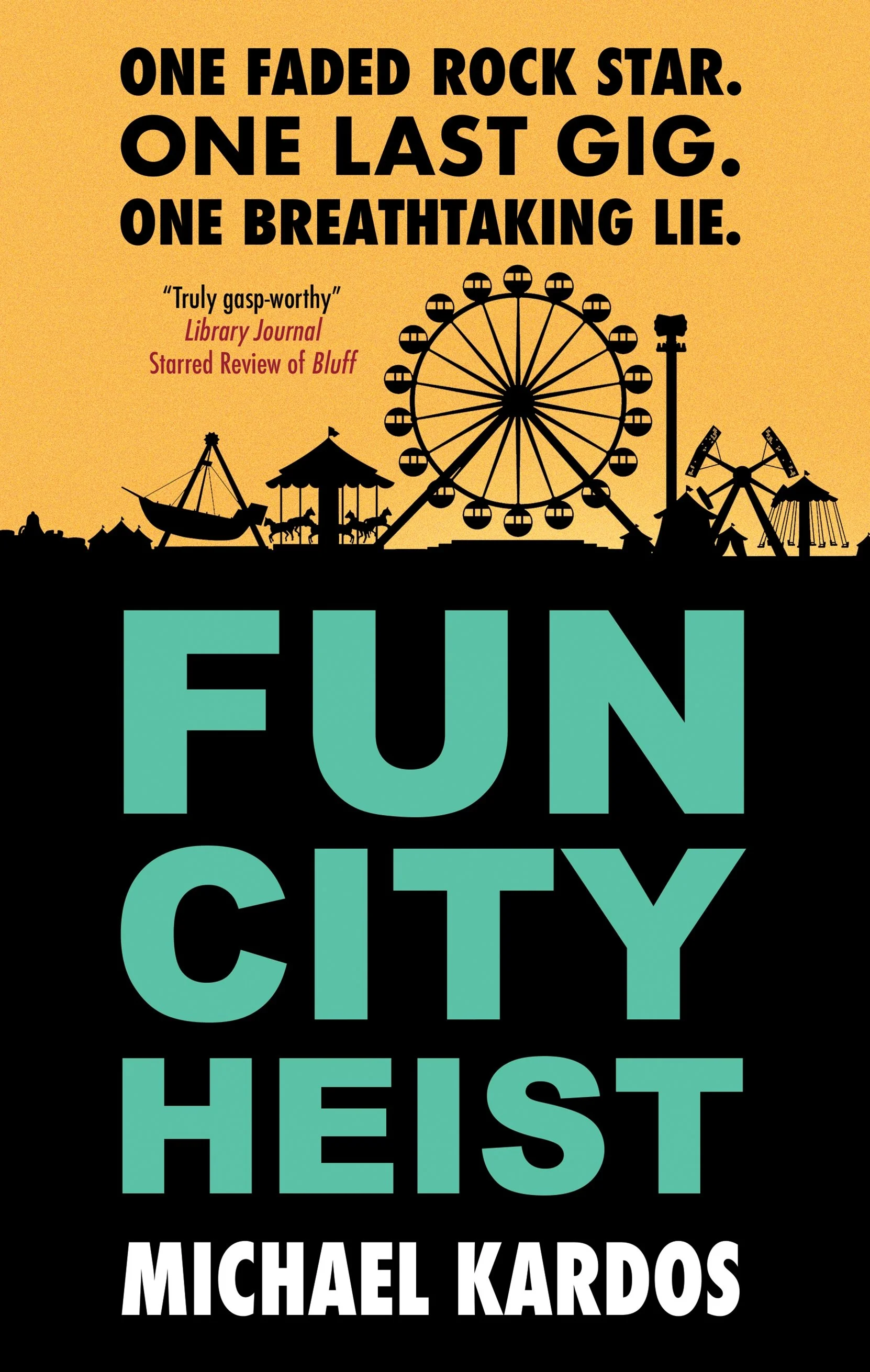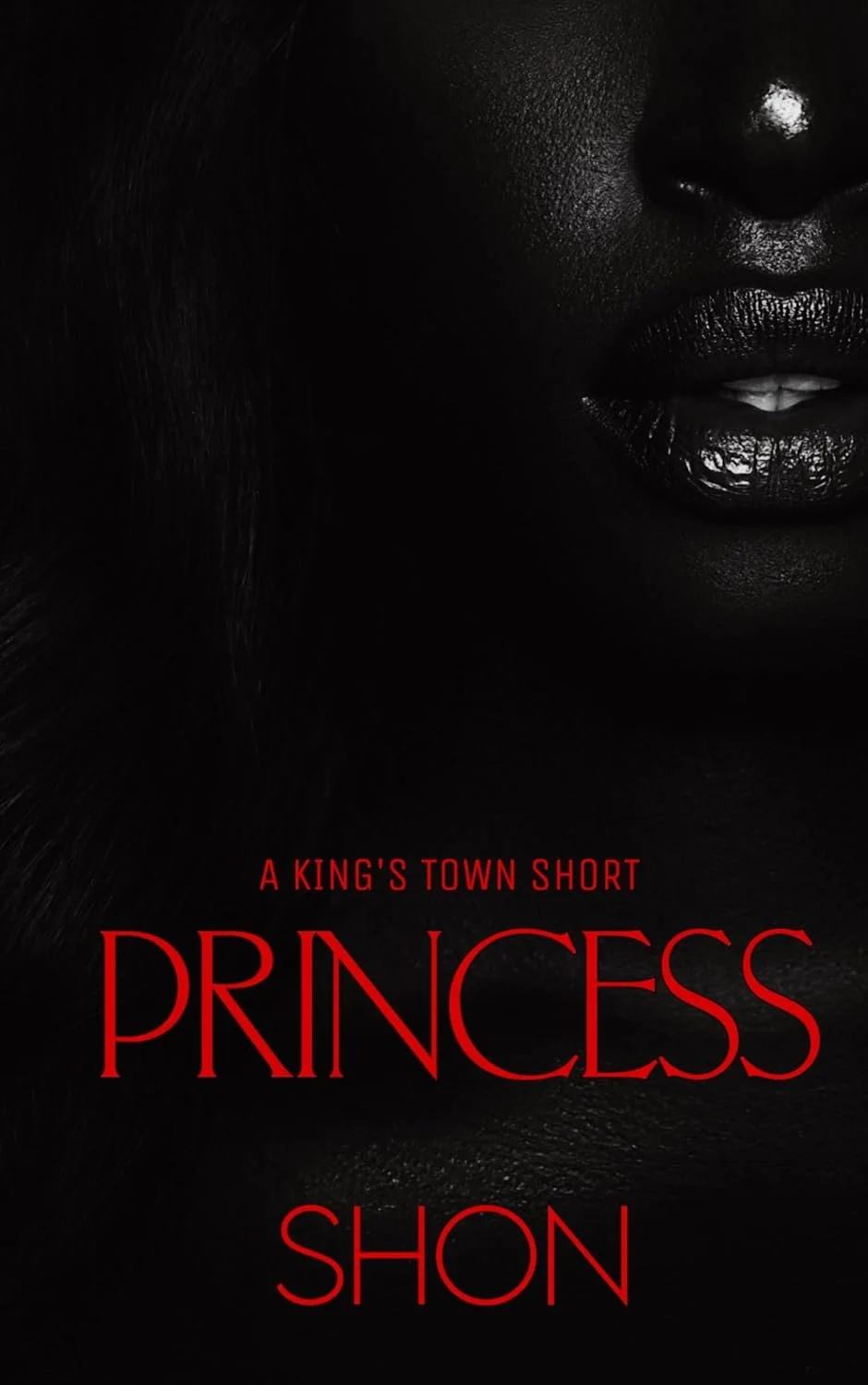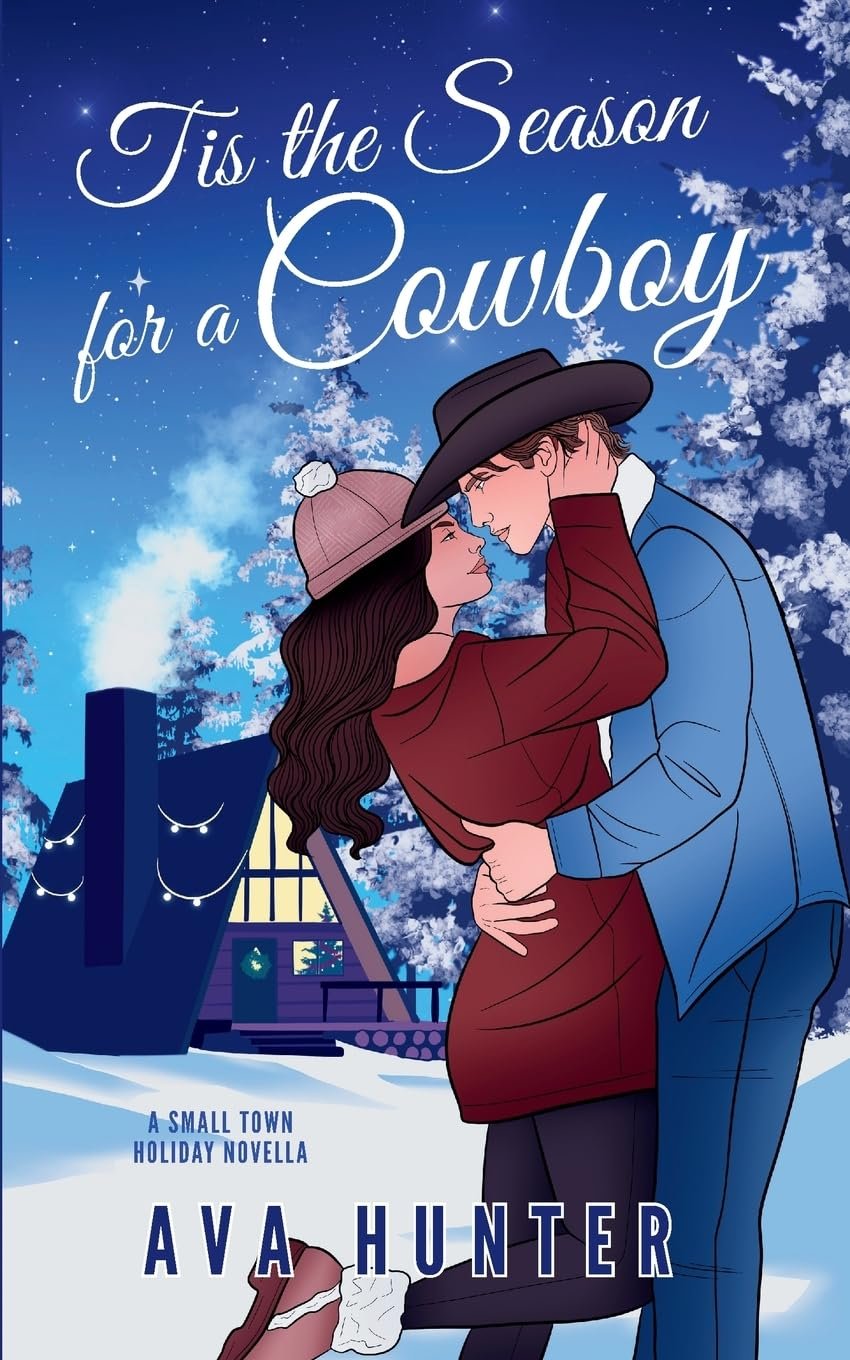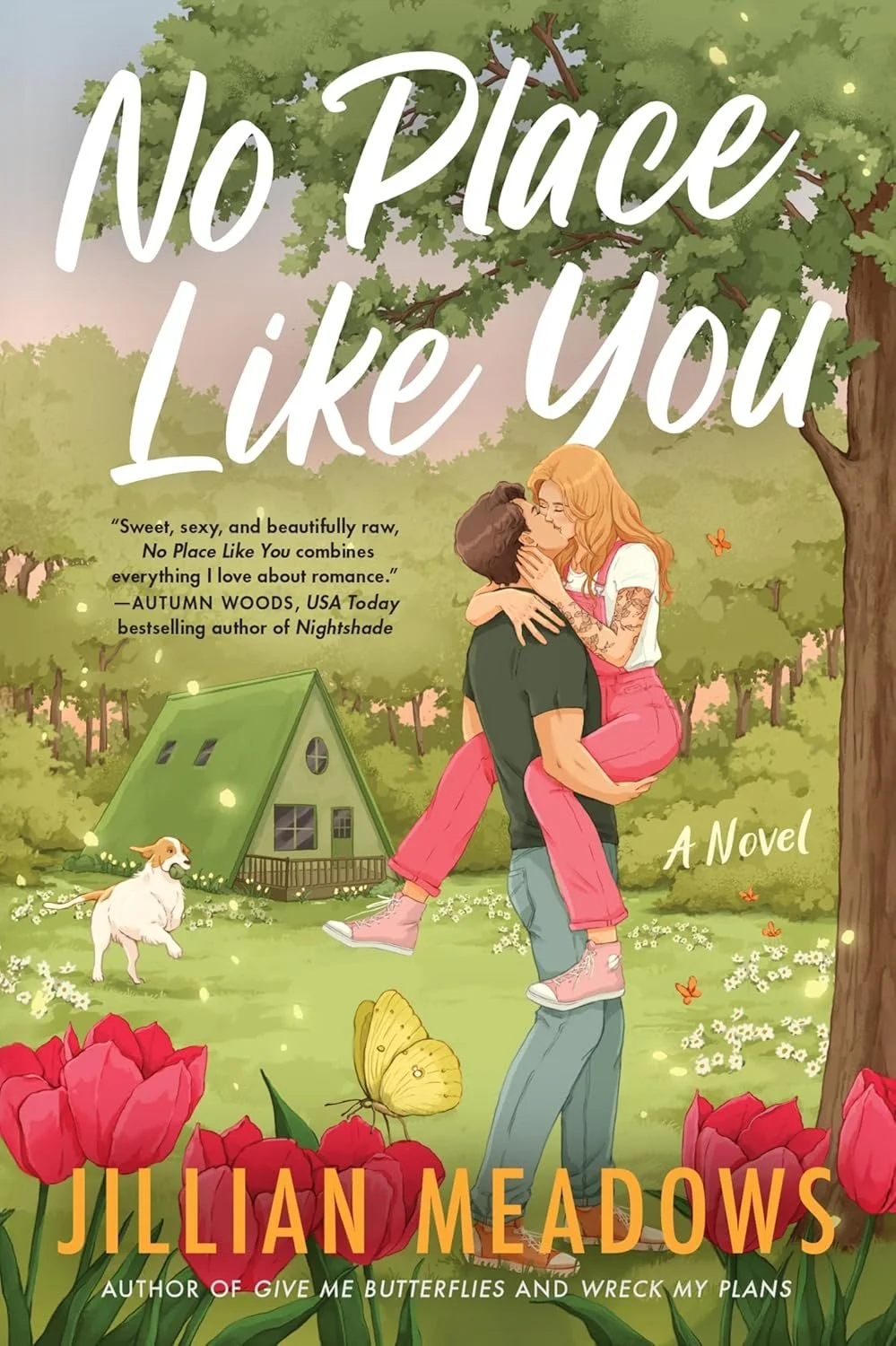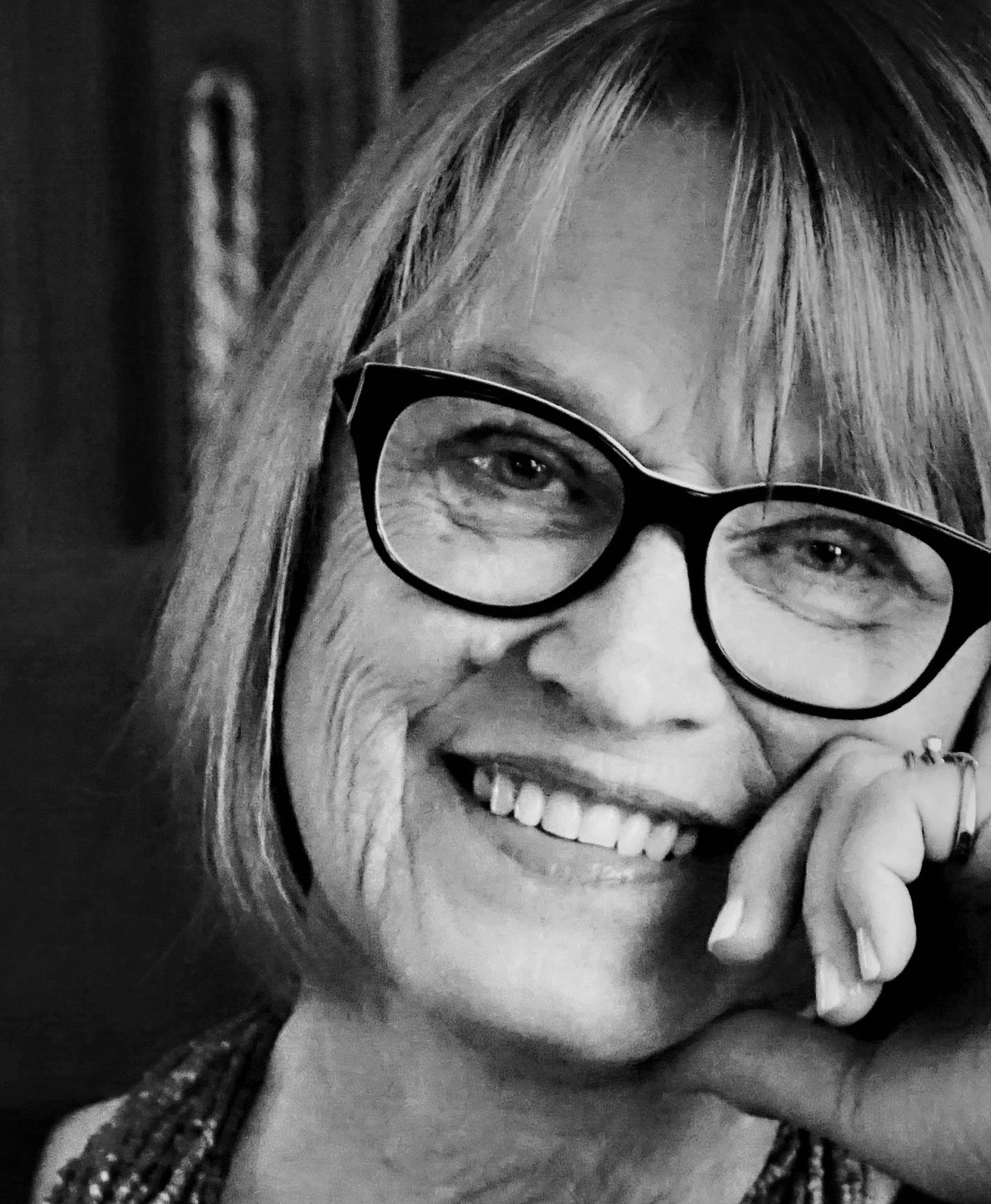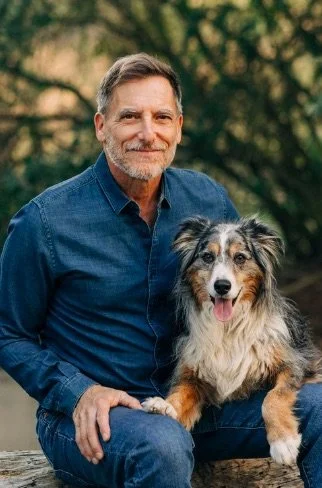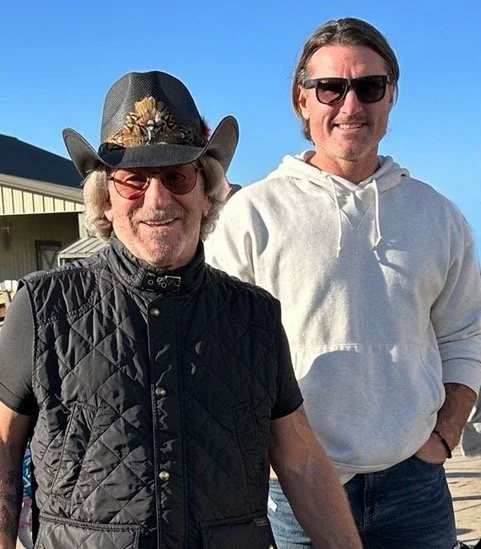Q & A with Felix Holzapfel, Catch-42
/When did you first realize you wanted to be a writer? Or what first inspired you to write?
I'm the youngest of four, so I needed to talk a lot to get heard at all. I guess that's one of the reasons I’ve been a good storyteller ever since I was a little kid. When I finished first grade, my teacher commented on my report card that I fascinated my classmates with my stories. I’ve also loved reading since I was little, but I was never a good writer. One day, my friend Jana read one of my business plans and told me, "Felix, your stories and your ability to express yourself are amazing, but your writing is horrible! Have you ever thought about shortening your sentences? You know, turning one sentences into two, three, or even four or more?" This straightforward advice, which none of my teachers ever gave me, improved my writing significantly.
What do you think makes a good story?
I enjoy stories that combine an intoxicating plot with elements that teach me something or make me think. I also love stories that turn complex and demanding topics and knowledge into something I want to learn more about. And if people have something to tell, memoirs can make good stories, too.
What inspired your story?
Three main elements inspired me:
First, my having worked for two decades in the IT and digital marketing industry.
While explaining the latest trends to an elite audience, I thought that parts of IT are knowledge everyone should have—especially in our day, when technology is omnipresent and about to change some of humanity’s fundamentals.
Second, after selling our company, I took a one-year sabbatical to travel the world with my wife and our two children. I visited creative hotspots and benefitted from fascinating conversations with industry experts, entrepreneurs, and other inspiring people. Many of these inspirations found their way into the book.
Third, we returned home in February 2020, just before Covid-19 changed the world. This extraordinary stroke of fate influenced what I had been thinking about and added new ideas to my initial concept for this book.
Is there a message/theme in your novel that you want readers to grasp?
Yes! Don’t ever think you’re not capable of influencing the bigger picture. If everybody felt that way, a few would paint the bigger picture for all of us—a picture that’s not likely to match our expectations. If we each contribute our little piece, the bigger picture of our future will become more significant, more colorful, and more beautiful than we can imagine. Contributing is up to all of us.
With this book, I want to encourage as many people as possible to think—from radically new perspectives—how humanity, technology, the economy, and our society might develop in the future. Even better, I want people to think about how they would like our world to change and how each of us can become an active part in the decision-making process that has already begun.
What was your greatest challenge in writing this book?
I thought my greatest challenge would be writing the book in English instead of my first language, German, but thanks to the support of my wonderful editors Howard and Darby, language turned out to be a minor concern.
The greatest challenge was creating a complex plot with all its layers and linking different storylines and demanding topics across different worlds and times. I'm pretty good at being able to stay focused for a very long time. But writing this book brought me from time to time to my limits. Sometimes my wife or the kids would enter the room and ask me a simple question, or something would distract me for a couple of seconds, and an entire construct in my mind would collapse, forcing me to start all over again. But over time, I got better. And—I'm still married to my wife, and the kids have forgiven me for not giving them the attention they deserved while I was in the zone writing the manuscript.
If your book was turned into a movie, who would you like to play the main characters?
On the one hand, of course it would be amazing if some famous Hollywood celebrities played the main characters in my book. On the other hand, I'm a huge fan of talented underdogs. If I dream big and wild, somebody like Christopher Nolan or Quentin Tarantino would produce the movie and create a cast of actors hardly anybody knows yet. Together they would turn my book into an international blockbuster that would win several Academy Awards and make all of them rich and famous—with me remaining in the background enjoying everyone’s success.
You took a one-year sabbatical to travel the world with your wife and your two children. You say that you found a lot of inspiration during this journey that helped you hone this book's idea. Can you give us examples of what inspired you?
While we were traveling, so many things inspired me every day that it feels unfair to pick out just a view. But let me try:
In many places we visited, nature reminded us of how unimportant human beings are. We are just short-term visitors—often behaving, unfortunately, like we are the owners.
We met plenty of different people with plenty of different backgrounds at plenty of different locations. We were lucky and had many insightful conversations about such topics as the different social and cultural standards in other regions of the world; the use of technology; life in general. Many of these conversations found their way into this book.
Traveling with a four-year-old and a two-year-old slows you down perfectly and healthily—especially if you have as much travel time as we did. Instead of rushing from one destination to the next we stayed at least three days at every place we visited. The little ones are excellent in teaching that it's often not the big but the alleged small things in life that matter. While adults are excited by large highlights like the sequoia trees in the Yosemite National Park, children have much more fun throwing small leaves into a rapid at Lewis Creek.
What's the best writing advice you ever received?
I'm almost ashamed to admit it because it's so basic and the 101 of writing. But sometimes, the easiest things can be the most challenging: "Show, don’t tell."

